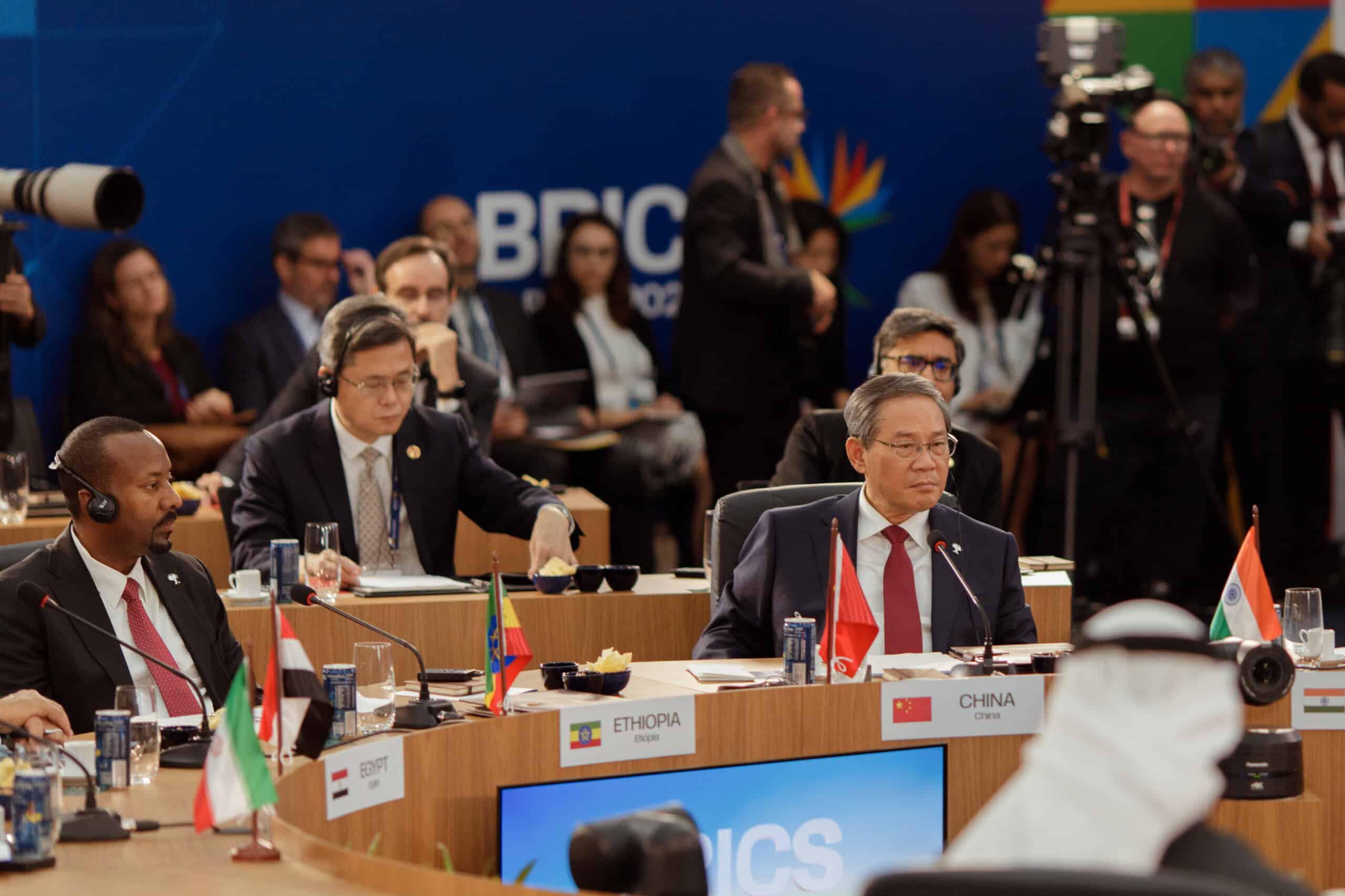Sheena Chestnut Greitens is an associate professor at the Lyndon B. Johnson School of Public Affairs at the University of Texas at Austin, where she also directs the Asia Policy Program. Her research focuses on national security, East Asia, and authoritarian politics. She is the author of Dictators & Their Secret Police: Coercive Institutions & State Violence (2016) and Politics of the North Korean Diaspora. She is currently working on a book entitled, Preventive Repression: Internal Sec
Navigate China's Business Landscape with Confidence.
- Gain visibility into supplier risks
- Easily manage trade compliance
- Conduct in-depth due diligence



